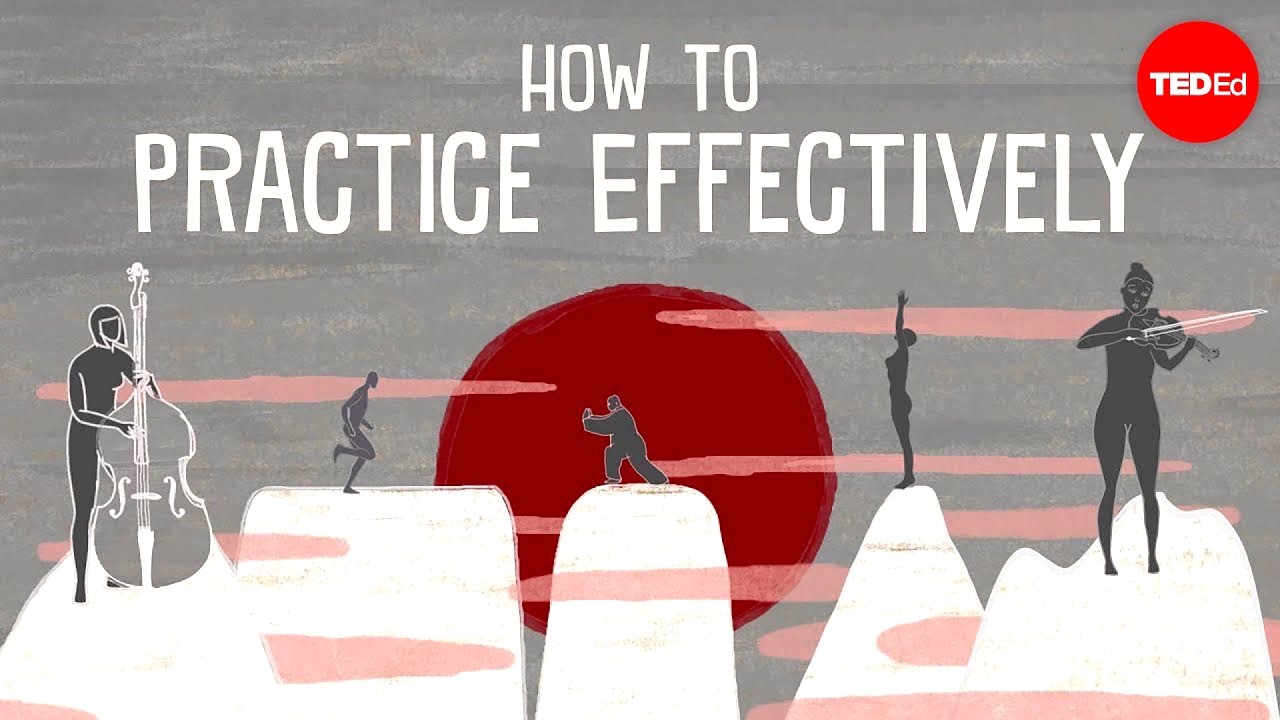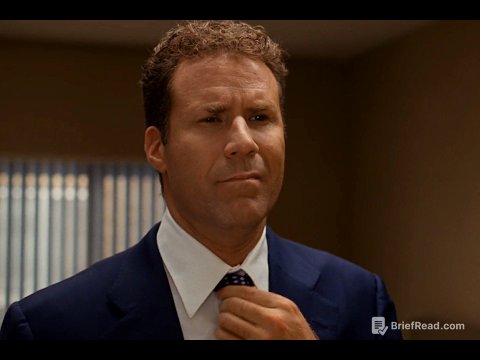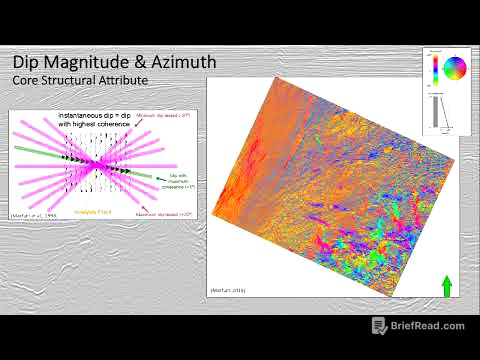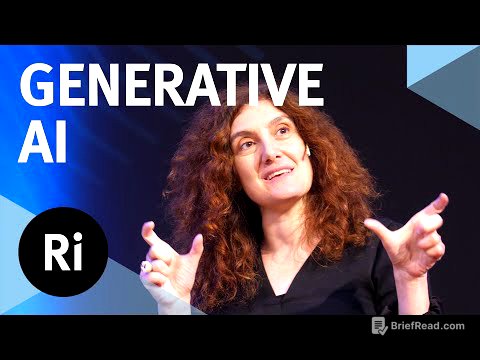TLDR;
The video explains how practice changes our brains to improve physical skills. It focuses on the role of myelin, a fatty substance that insulates nerve fibers (axons), and how repetition increases myelin layers, creating faster neural pathways. Effective practice involves focus, gradual increases in speed, frequent repetitions with breaks, and mental rehearsal.
- Practice leads to physical skill mastery through changes in the brain.
- Myelin insulation on nerve fibers improves with repetition, speeding up neural pathways.
- Effective practice includes focus, gradual speed increases, breaks, and mental rehearsal.
Introduction [0:07]
Mastering physical skills requires practice, which involves repeating an action to improve ease, speed, and confidence. The video explores how practice affects the brain.
Grey Matter and White Matter [0:29]
The brain consists of grey matter, which processes information, and white matter, composed of fatty tissue and nerve fibers. Information travels from the brain's grey matter, down the spinal cord, through axons, to the muscles, enabling movement.
The Role of Myelin [0:58]
Practice affects the brain by altering the myelin sheath, a fatty covering around axons in the white matter. Myelin acts as insulation, preventing energy loss from electrical signals and improving the efficiency of neural pathways. Repetition of physical motions increases the layers of myelin, creating a "superhighway" for information between the brain and muscles.
Muscle Memory and Myelination [1:46]
The concept of "muscle memory" is a misnomer; muscles don't have memory. Instead, the myelination of neural pathways gives athletes and performers an edge by creating faster and more efficient neural connections.
Effective Practice [2:04]
Mastery involves not just the amount of practice but also its quality and effectiveness. Effective practice is consistent, intensely focused, and targets weaknesses at the edge of one's current abilities.
Tips for Maximizing Practice Time [2:34]
To maximize practice time: focus on the task, minimize distractions (turn off computers, TVs, and phones), start slowly to build coordination with correct repetitions, and gradually increase speed. Frequent repetitions with allotted breaks are common among elite performers, who often divide their practice into multiple daily sessions.
Mental Practice [3:41]
Mental practice can reinforce established physical motions. Studies show that imagining a physical motion can improve performance nearly as much as physical practice. For example, basketball players who mentally practiced free throws improved nearly as much as those who physically practiced.
Conclusion [4:16]
Understanding effective practice will improve as scientists unravel the secrets of the brain. Effective practice remains the best way to push limits, achieve new heights, and maximize potential.









